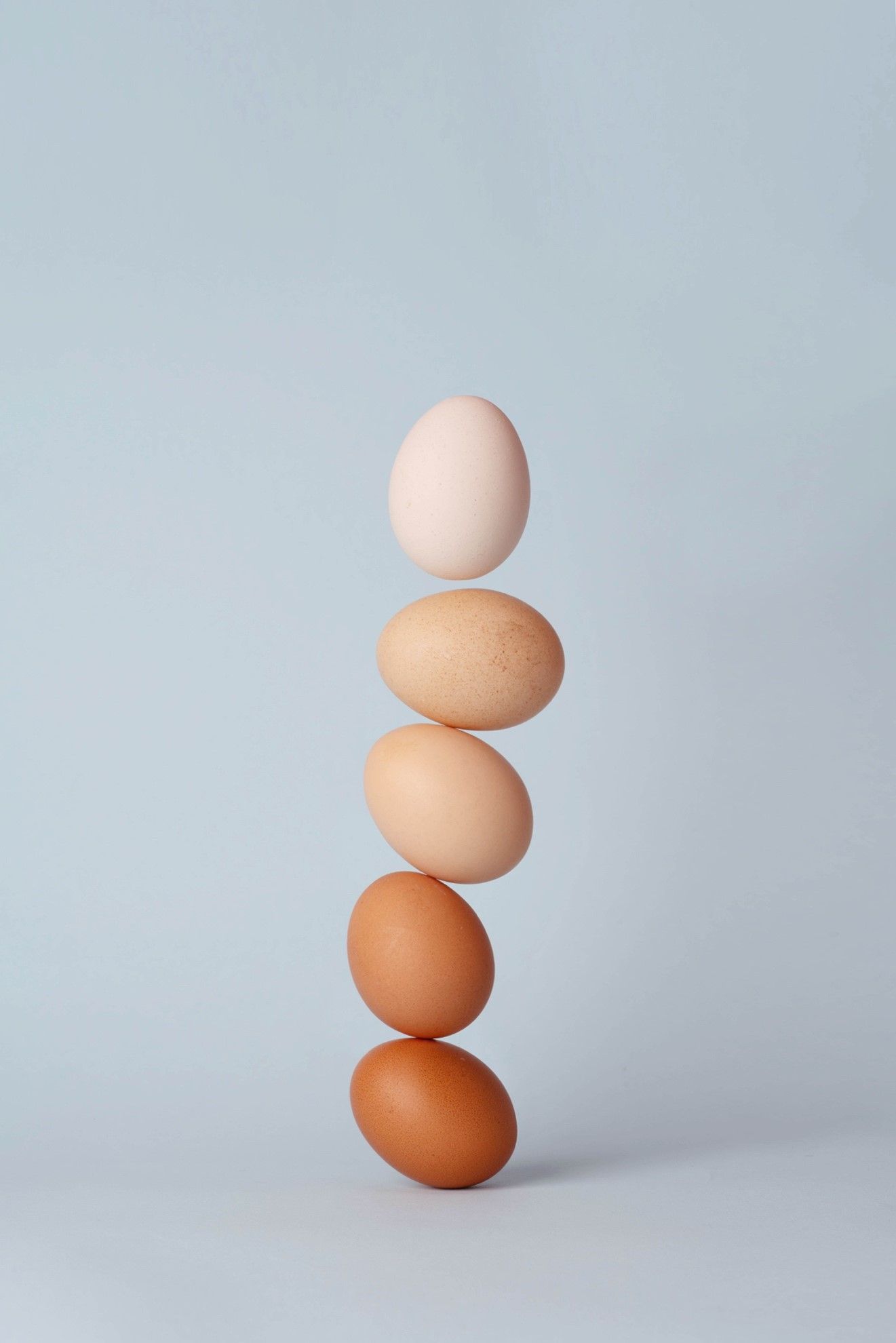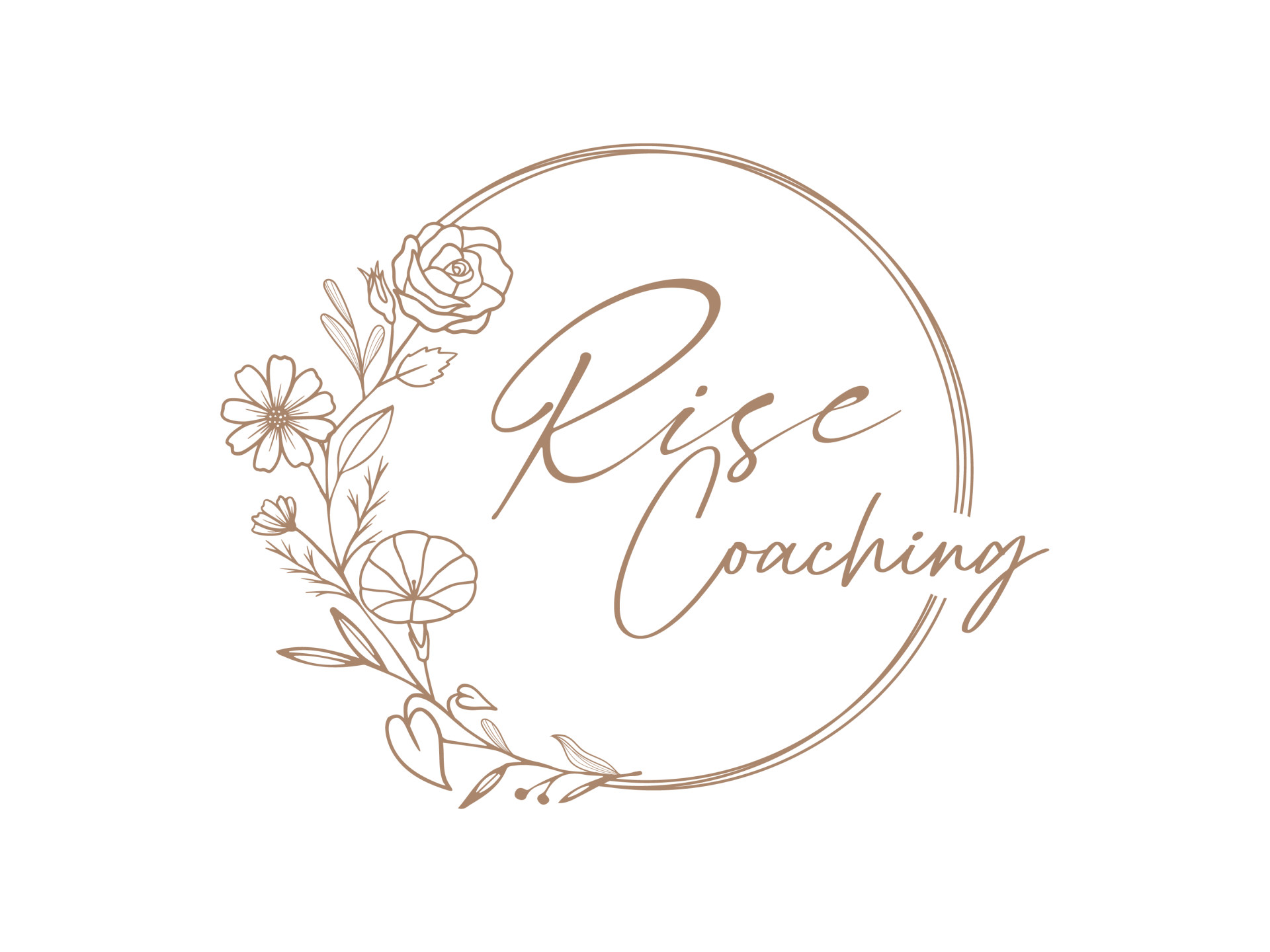Seasonal Affective Disorder and Fertility
Seasonal Affective Disorder and Fertility: Let’s Shed Some Light on the Connection!
Cute boots, cozy sweaters, warm drinks and all of the beautiful colours often come to mind when we talk about fall. However, for many (myself included), the leaves and the weather aren’t the only things that undergo change. Mood and energy levels can also significantly shift as the days grow shorter and the skies turn grey. Seasonal Affective Disorder (SAD), often referred to as seasonal depression, is a type of depression that follows a seasonal pattern. It typically begins and ends at the same time each year, most commonly in the fall and winter months. While SAD is known for its impact on mood and overall well-being, recent research has also raised questions about its potential influence on fertility. Let’s explore the connection between Seasonal Affective Disorder and fertility, and shed some light on how the changing seasons can affect you and your reproductive health.
What Is Seasonal Affective Disorder (SAD)?
Seasonal Affective Disorder is a subtype of a major depressive disorder that follows a seasonal pattern. It is characterized by symptoms such as:
1. Persistent sadness or low mood.
2. Lack of interest or pleasure in activities.
3. Increased fatigue and sleep disturbances.
4. Changes in appetite or weight.
5. Difficulty concentrating or making decisions.
6. Feelings of worthlessness or guilt.
7. Suicidal thoughts (in severe cases).
These symptoms typically occur during the fall and winter months when there is less natural sunlight.
The Role of Light in SAD
One of the leading theories behind SAD is the role of light. Reduced exposure to natural sunlight during the darker months can disrupt the body's internal clock (circadian rhythm) and affect the production of certain hormones, such as serotonin and melatonin. These hormonal changes can contribute to the development of depressive symptoms.

SAD and Fertility: Exploring the Connection
While much of the research on Seasonal Affective Disorder has focused on its impact on mood and mental health, emerging studies have started to investigate its potential influence on fertility. Although the connection is not yet fully understood, several factors suggest a link:
1. Hormonal Imbalances: SAD disrupts the normal balance of hormones in the body. As hormones play a crucial role in regulating the menstrual cycle and fertility, any disruption in hormonal balance can affect the timing and regularity of ovulation, potentially reducing the chances of conception.
2. Libido and Sexual Function: Depression, a hallmark symptom of SAD, can lead to a decreased interest in sex and sexual dysfunction. For couples trying to conceive, a lack of sexual activity can obviously impact fertility.
3. Stress and Fertility: SAD can be a significant source of stress, and if you’ve been following me for a while, you know that chronic stress is known to negatively impact fertility (among a million other things). When it comes to fertility, high levels of stress can disrupt the menstrual cycle, interfere with ovulation, and reduce the likelihood of successful implantation.
4. Changes in Lifestyle: During the winter months, individuals with SAD often adopt different lifestyle habits. Here in Canada we tend to hibernate! This could mean you may exercise less, eat differently, and have disrupted sleep patterns—all of which can influence fertility.
Managing SAD and Protecting Fertility
Awareness is key! If you suspect that Seasonal Affective Disorder is affecting you and your fertility or if you're simply looking for ways to protect your reproductive health during the darker months, know that you aren’t alone and consider these strategies:
1. Light Therapy: Light therapy, or phototherapy, is a common treatment for SAD. It involves exposure to a bright light that mimics natural sunlight. Some studies suggest that light therapy may also have a positive impact on fertility by helping to regulate hormonal balance. You can find these at most retail stores (Costco, Walmart….). They can also sometime be covered by private insurance so talk to your doctor before purchasing!
2. Mind-Body Techniques: Mindfulness meditation, yoga, and relaxation exercises can be effective in managing both SAD and stress-related infertility. These practices promote emotional well-being and may help regulate hormonal fluctuations.
3. Nutrition and Exercise: Maintain a balanced diet and regular exercise routine throughout the year. Proper nutrition and physical activity support overall health, which in turn can positively affect fertility.
4. Supplements: Vitamin D levels, especially here in Canada, drop as our natural exposure to sunlight becomes limited. Consider supplementing with a good quality supplement – check out local health food stores or the pharmacy for recommendations. It is also a good idea to speak with your fertility specialist before starting any form of supplements.
5. Travel: If it is feasible, take a note from the geese and travel to a sunny destination during the darker months. The sunshine will feed your soul and boost your vitamin d levels and having something to look forward to will give you a sense of progress which can contribute to higher levels of happiness. It is also a great opportunity for you and your partner to reconnect! Remember that while on this fertility journey, it is important to keep living life – we can’t just live to try. Make plans and make them happen!

6. Seek Professional Help: If you suspect you have SAD and it's impacting your fertility or overall well-being, don't hesitate to seek professional help. A mental health therapist, coach or psychiatrist can provide guidance and treatment options tailored to your needs.
In Conclusion
Seasonal Affective Disorder is a complex condition that affects millions of people each year. While its primary symptoms are related to mood and mental health, emerging research suggests that it may also have implications for fertility. If you're concerned about how SAD might be affecting your ability to conceive, it's essential to seek support and explore strategies to manage both your emotional well-being and reproductive health. By addressing SAD and its potential impact on fertility, you can take proactive steps to improve your chances of building the family you desire, regardless of the season.

All Rights Reserved | Rise Coaching








